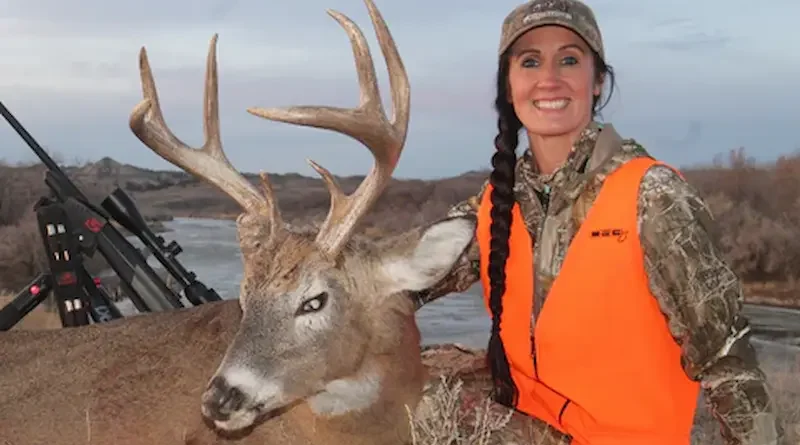A Short Guide on Ethical Hunting in America
Hunting is a sport and pastime woven into the cultural fabric of America.
From our ancestors who relied on hunting for sustenance, to modern-day sportspeople who see it as recreation and conservation. Hunting is about more than just the pursuit of game.
To understand ethical hunting in America, you need to under the history behind it.
The roots of hunting go back to a practice of deep respect for animals, where hunters only took what they needed to survive, and used every part of the animal to avoid waste.
This principle evolved over the years and laid the groundwork for responsible and ethical hunting.
Conservation
Hunting can be a controversial topic, but one of the strongest arguments in favor is its role in conservation.
According to data from the U.S Fish & Wildlife Service, hunters generate billions of dollars annually for wildlife management and habitat preservation. These funds are necessary to support endangered species and habitat restoration.
Ethical hunters invest in conservation by adhering to seasonal restrictions and area closures to help maintain healthy ecosystems and populations.
Fair Chase Principle
At the heart of ethical and responsible hunting is the concept of fair chase.
This is an essential principle that ensures hunters provide animals with a reasonable chance to escape, to preserve the integrity of the hunt. That means no spotlighting, baiting, or using motorized vehicles to pursue game.
Advancements in technology have complicated this, and high-tech gear like drones, scopes, and GPS trackers can tip the balance in favor of hunters. Ethical hunters must walk a fine line and use technology responsibly to avoid practices that reduce animals to mere targets.
Respect for the Animal
Ethical hunting is rooted in respect.
Respect for the animal and respect for the environment. This begins with quick, clean, and humane kills. Hunters must practice to develop accuracy and efficiency so that the animal does not suffer.
Ethical hunting translates into responsible hunters protecting wildlife conservation and sharing the duty to educate newcomers to do the same.
Responsibility to Others
Ethical hunting requires strict safety rules towards others.
That includes firearm safety rules, respecting private property boundaries, and respecting your fellow outdoor users.
Wearing orange and never shooting near homes or roads are part of an ethical hunter’s code of conduct. Several hunting organizations host programs to introduce youth and newcomers to hunting with a strong focus on sustainability, ethics, and conservation.
Leave No Trace
Ethical hunters demonstrate respect for the land and the wildlife it sustains by leaving no trace.
Clean up after yourself during a hunting trip, including discarded cartridges and carcass remains in public view – these diminish the experience for others and risk harming the ecosystems that sustain game populations in an area.
Safeguarding the environment allows you to do your part to preserve the natural beauty of America’s forests, wetlands, and mountains.
To End
Now that you understand how your behavior has ripple effects on communities, ecosystems, and cultural traditions, you can commit to being an ethical hunter and uphold the values that must keep the sport of hunting sustainable.
Visit the rest of the site for more interesting and useful articles.

